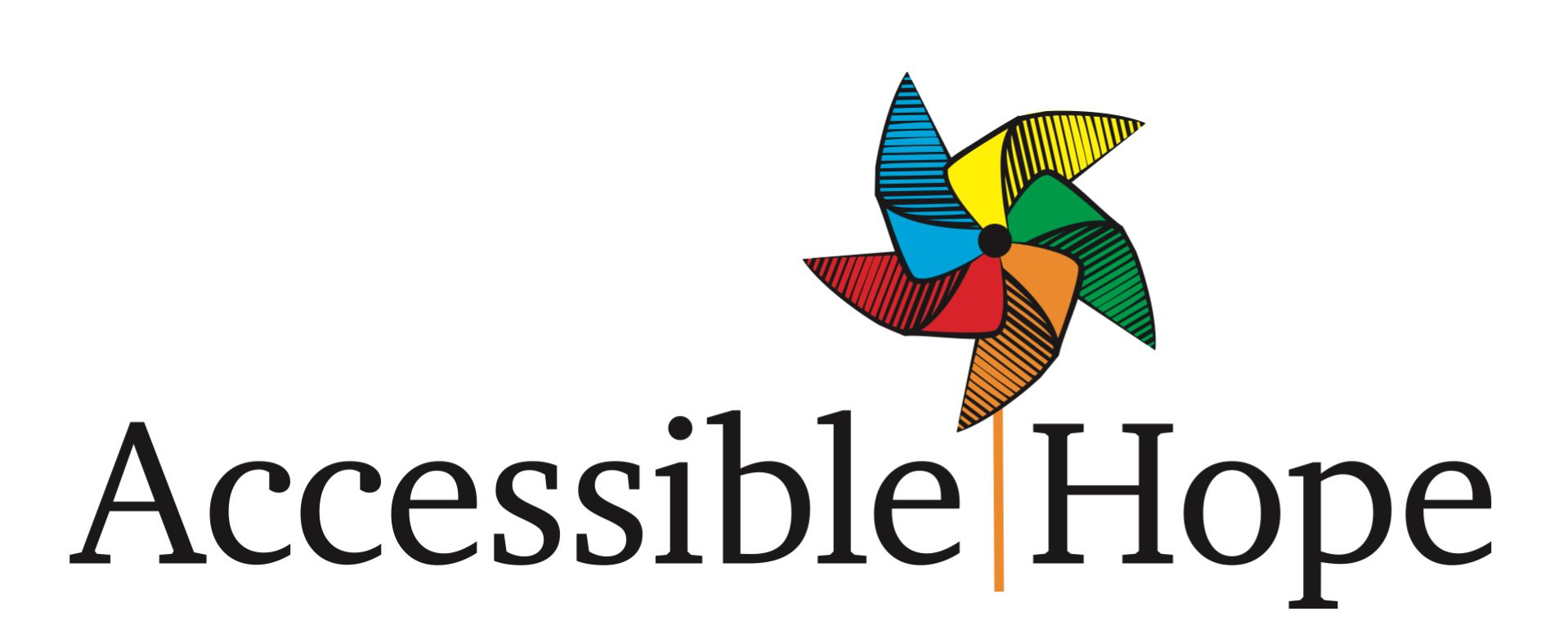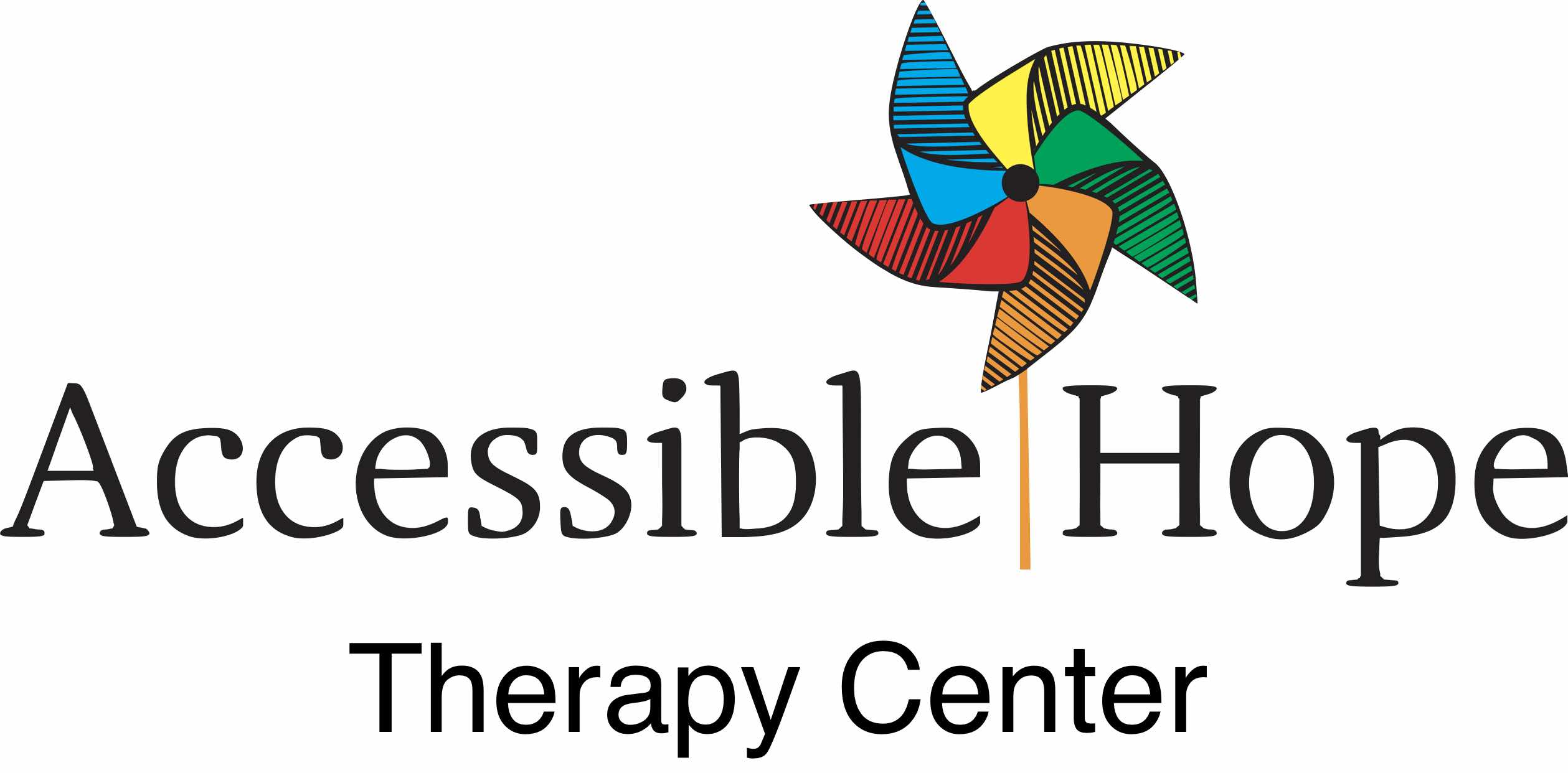Speech Therapy
Speech therapy is teaching.
Working with children and adults who have trouble with language requires patience, creativity, and passion. For this reason, we believe the best speech and language pathologists (SLPs) possess the heart of a teacher.
Communication is an essential skill.
Many parents and teachers of children with speech deficits (speech problems, language disorders, Apraxia, etc.) have experienced the challenges presented by their child’s struggle to communicate. Indeed, the ability to express wants, needs, and emotions (not to mention desires, hopes, and fears) is the essence of human interaction. In many ways, communication is necessary for life. A child with the potential to learn to communicate must be given the opportunity to do so.
Speech is behavior.
Speech therapy involves the teaching of particular skills. Typically, these skills are taught in one-to-one therapy sessions. A skill that can be demonstrated in only one setting, however, is rarely useful. Therefore, a speech therapist who wishes for a child to be able to use these skills in his or her daily life must be able to use the tools of behavior to ensure they are generalized beyond the clinical setting.
Feeding problems can be addressed through speech therapy.
Some children are simply “picky eaters.” When “picky eating,” however, results in a child failing to receive the amount and quality of nutrient to develop properly, the child may have a feeding disorder.
Feeding disorders can be caused by a host of physical, neurological, or developmental issues. They can be addressed by a variety of professionals, including occupational therapists, behavior analysts, and speech therapists. If you believe your child may have a feeding disorder, we will conduct a thorough assessment of the child’s feeding to determine whether one of our therapists may be able to foster positive change in this area. Please contact us with any questions about speech therapy, or to request services.

